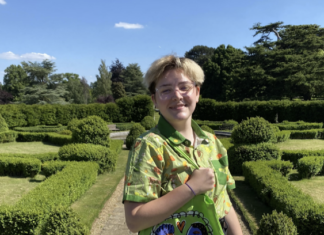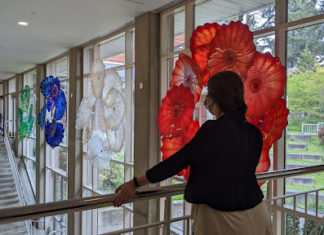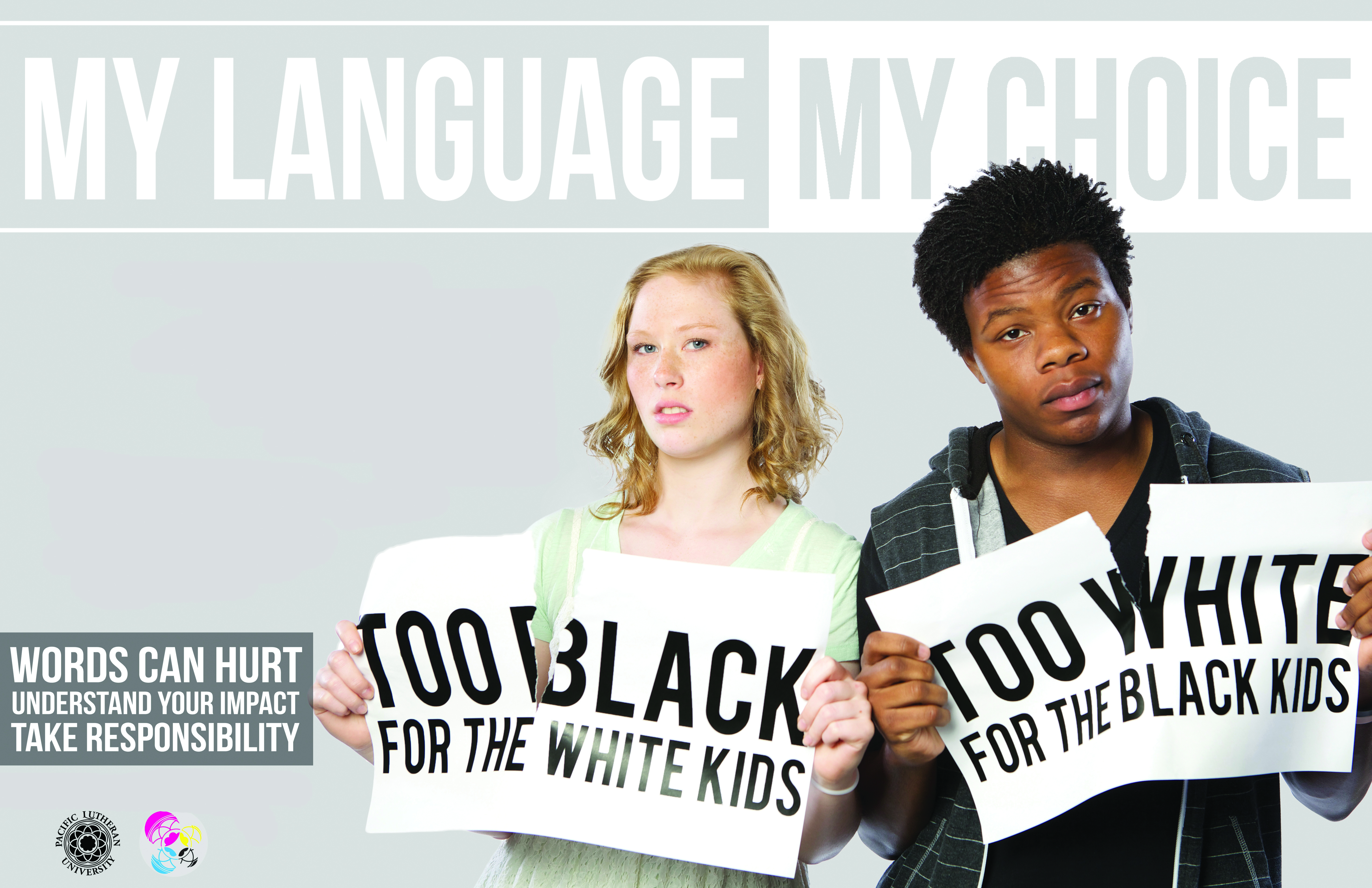By Nick Neely, Guest Writer
After serving in the military, the veterans who come to Pacific Lutheran University face both support and stigma.
While ROTC students can sometimes be identified by their uniform, veterans cannot, and some said they do not want be identified.
“Some soldiers want to be treated as students and no differently,” Johnny Gilbert, a VetCorp navigator, said. “But when you say ‘military,’ people have that tendency to want to treat you differently.”
VetCorps is an organization that assists veterans by providing support for their reintegration into civilian life, sometimes through club involvement and employment.
According to Pacific Lutheran University’s VetCorps, PLU provides education to approximately 250 yellow ribbon veterans, roughly 8 percent of the student population. However, some veteran students said they oftentimes feel as if they are not part of the same student body.
“A lot of veterans keep their mission-oriented mindset after leaving the military,” Gilbert said. “They view graduation as their mission and don’t take time to enjoy other opportunities PLU offers.”
Gilbert, a veteran himself of a nine-year tour of service, helps veterans with club involvment.
“People appreciate having soldiers around, but with that military connotation, many don’t think that they will fit in,” Gilbert said. He also said that a lot of people misunderstand military employment, assuming the military is made up entirely of combat soldiers.
“When you’re not in the combat zone, we’re just like any other office,” Gilbert said.
Most military personnel do not see combat until their unit is ‘alerted,’ Gilbert said. Once a unit is alerted, they receive six months to train and become acclimated for combat. Gilbert said those chosen to be soldiers upon enlisting go through combat training immediately.
Veterans do not receive such an opportunity to acclimate to civilian life during their out-processing procedures Gilbert said.
His colleague, Shameka Mitchell, works as an employment specialist. Not only does she help veterans find jobs, but she also ‘translates’ their military experience into a resume civilian employers can understand.
For example, Gilbert worked in 13 Echo. This titles means nothing to 99 percent of the population, Gilbert said, but 13 Echo is the military’s name for a “glorified surveyor.”
Mitchell also reaches out to employers in the area and finds those who are veteran-friendly.
“Some have the stereotype about veterans having PTSD [post traumatic stress disorder], or they’re crazy and don’t have any skills coming out of the military,” Mitchell said.
For the last two years,
“The Diversity Center is a






























